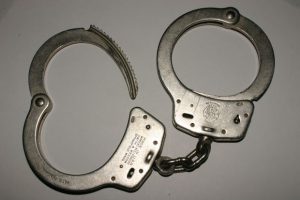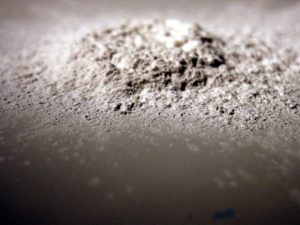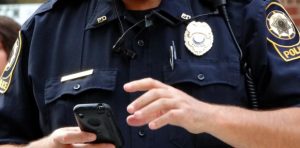You may be aware that sealing and expungement is available for certain first-time offenders convicted and adjudicated guilty. Did you also know it’s important for those found NOT guilty to seal and expunge their records too? 
This specifically involves cases where a defendant reaches a plea deal that involves a judge withholding adjudication, meaning the defendant isn’t formally convicted. However, the arrest will still pop up on a Florida criminal background check, which all but eliminates whatever benefit might have been derived from avoiding conviction in the first place. Florida law – specifically F.S. 943.053 – makes adult criminal history records public (with special restrictions for access) unless those records have been sealed or expunged. This encompasses not just your conviction and/ or case disposition, but your original arrest and charges. That’s why it’s so important after a case outcome wherein adjudication was withheld to determine whether you qualify for expungement or sealing of your record. The benefit of this is you can legally deny/ fail to acknowledge an arrest covered by that record (with exception for those seeking a change in immigration status or certain types of jobs, such as with a law enforcement agency or the Department of Children and Families).
The Fort Lauderdale criminal defense attorney team at The Ansara Law Firm can help you with both. It can be a somewhat confusing process, but markedly less so when you hire a lawyer to help you navigate it. (Note that Florida allows for automatic expungement of certain juvenile records when the minor reaches age 21, though you’ll want to check with an attorney to be certain and determine if other action must be taken.) Continue reading
 Fort Lauderdale Criminal Attorney Blog
Fort Lauderdale Criminal Attorney Blog











